-
Doctors
-
Specialities & Treatments
Centre of Excellence
Specialties
Treatments and Procedures
Hospitals & Directions HyderabadCARE Hospitals, Banjara Hills CARE Outpatient Centre, Banjara Hills CARE Hospitals, HITEC City CARE Hospitals, Nampally Gurunanak CARE Hospitals, Musheerabad CARE Hospitals Outpatient Centre, HITEC City CARE Hospitals, Malakpet
HyderabadCARE Hospitals, Banjara Hills CARE Outpatient Centre, Banjara Hills CARE Hospitals, HITEC City CARE Hospitals, Nampally Gurunanak CARE Hospitals, Musheerabad CARE Hospitals Outpatient Centre, HITEC City CARE Hospitals, Malakpet Raipur
Raipur
 Bhubaneswar
Bhubaneswar Visakhapatnam
Visakhapatnam
 Nagpur
Nagpur
 Indore
Indore
 Chh. Sambhajinagar
Chh. SambhajinagarClinics & Medical Centers
Book an AppointmentContact Us
Online Lab Reports
Book an Appointment
Consult Super-Specialist Doctors at CARE Hospitals
This is how anxiety affects your Body
Updated on 30 July 2019

Table of Content
Anxiety, in general, is a normal emotion but it can have varying effects on a person’s mental health if he/she is experiencing it inexplicably. Anxiety disorders are, however, not uncommon. From extreme nervousness to unexplained apprehensions, anxiety disorders bring with them a multitude of symptoms that often lead to physical complications as well. While the majority of people are aware of the mental effects of anxiety disorders, the effects of anxiety on the body are often overlooked which, in turn, may lead to chronic health conditions. This is why it is imperative to learn about them and discuss them with your healthcare expert, preferably a neuro specialist. Below mentioned are a few common physical effects of anxiety.
The Effects of Anxiety on the Body
- Breathing Changes: Anxiety attacks are often accompanied by breathing changes which lead to a condition called hyperventilation or over-breathing. During the normal breathing process, you inhale oxygen and exhale carbon dioxide. However, when you over breathe, carbon dioxide levels in your blood start to drop which results in symptoms like light-headedness and tightness in the chest.
- Changes in Immune Function: One can’t debate the pertinence of a sound immune system. Safeguarding your body from a number of harmful pathogens including bacteria, viruses, parasites, etc., the immune system works tirelessly to keep you healthy. A person with chronic anxiety disorder often has an increased level of cortisol in his/her body. This heightened production of cortisol impairs the immune function which, in turn, gives easy access to harmful pathogens and causes infections like flu, cold etc.
- Changes in Heart-rate: A person suffering from chronic anxiety disorders may experience an increased heart rate. Consequently, the circulation of blood in the body also changes. These physical effects of anxiety lead to narrowing of the blood vessels (vasoconstriction) which, in turn, brings alterations to the body temperature. This is why people with anxiety disorders often complain about hot flashes. The body increases the production of sweat to combat this. As a consequence, the patient starts feeling cold.
- Changes in Urinary Functions: Urinary contractions are controlled by the nervous system. When a person is anxious, his/her brain receives a threat signal. Consequently, the body’s stress response is generated which may cause changes in the normal urinary functions of the body. According to the studies done in this particular field, most women who are suffering from overactive bladder also suffer from anxiety disorders. If someone is suffering from long-term anxiety, the risk of the aforementioned physical conditions increases considerably, hence you shouldn't ignore such anxiety attack symptoms. Your healthcare specialist may further discuss with you the chronic physical conditions associated with anxiety and tell you ways to alleviate them. To know more, you may consult the neuro specialists in one of the best neurology hospitals near you.

ENQUIRY FORM
SELECT CATEGORIES
-
Neurosciences (16)
-
Neurology (38)
-
Neurosurgery (14)
-
Orthopaedics (48)
-
Oncology (33)
-
Obstetrics and gynecology (52)
-
Pulmonology (23)
-
Urology (20)
-
Nephrology (13)
-
Psychiatry (7)
-
Dietetics and Nutrition (111)
-
General Medicine (63)
-
Cardiac Sciences (32)
-
Vascular & Endovascular Surgery and Interventional Radiology (15)
-
Gastroenterology (46)
-
Endocrinology (23)
-
Plastic Surgery (10)
-
Critical Care Medicine (5)
-
COVID-19 (16)
-
Dermatology (16)
-
Emergency Care (1)
-
Ophthalmology (4)
-
Pediatrics (14)
-
Laparoscopic and Bariatric Surgery (8)
-
ENT (15)
-
Kidney Transplant (1)
-
Liver Transplantation and Hepatobiliary Surgery (5)
-
General Surgery (3)
-
Internal Medicine (5)
-
Medicine Information
9 Early Signs of Alzheimer’s Disease
Peripheral Neuropathy Or Nerve Weakness: Causes, Symptoms and Prevention
YOU MAY ALSO LIKE
RECENT BLOGS
-

Rotablation Angioplasty: Benefits, Treatments, And Recovery Time
6 February 2026
Read More
-

What Is The Difference Between IUI and IVF?
6 February 2026
Read More
-
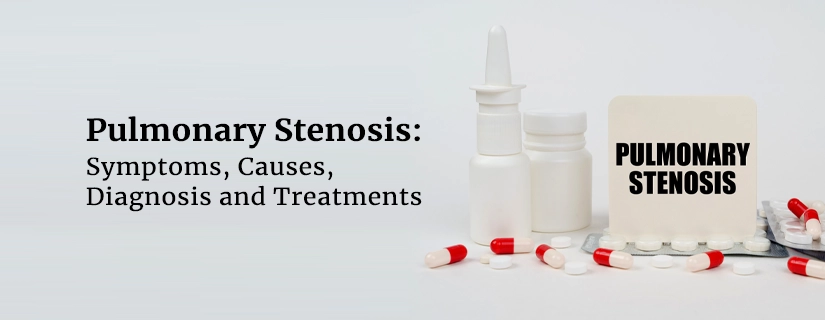
Pulmonary Stenosis: Symptoms, Causes, Diagnosis and Treatments
6 February 2026
Read More
-

Difference between Angioplasty and Angiography
6 February 2026
Read More
-

Hemoptysis (Coughing Up Blood): Causes, Treatment and Home Remedies
2 February 2026
Read More
-
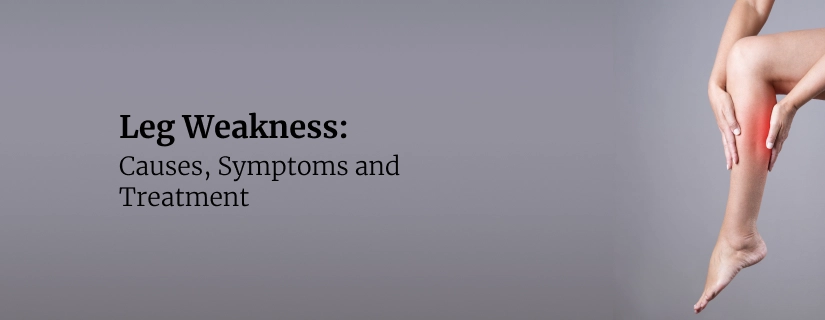
Leg Weakness: Causes, Symptoms and Treatment
9 January 2026
Read More
-

Back Pain After C-Section: Causes and Home Remedies
9 January 2026
Read More
-

Belly Button Pain (Periumbilical Pain): Causes, Treatment and When to See a Doctor
9 January 2026
Read More
Have a Question?
If you cannot find answers to your queries, please fill out the enquiry form or call the number below. We will contact you shortly.



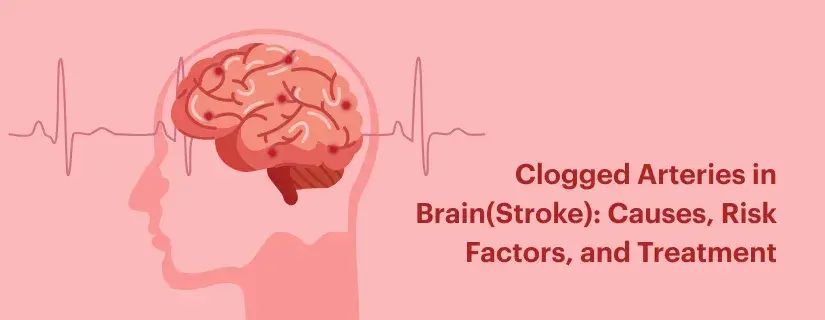


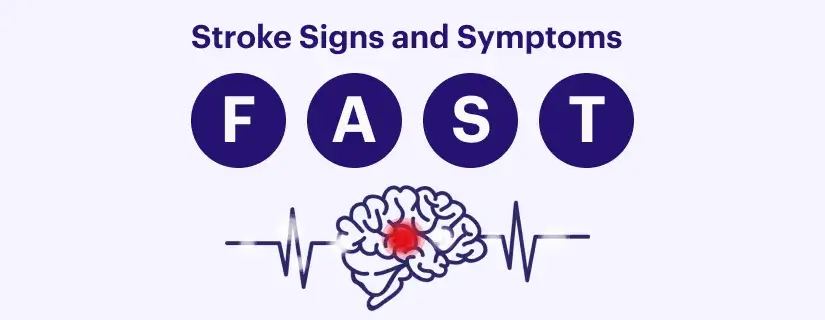
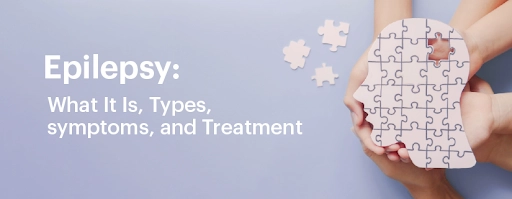
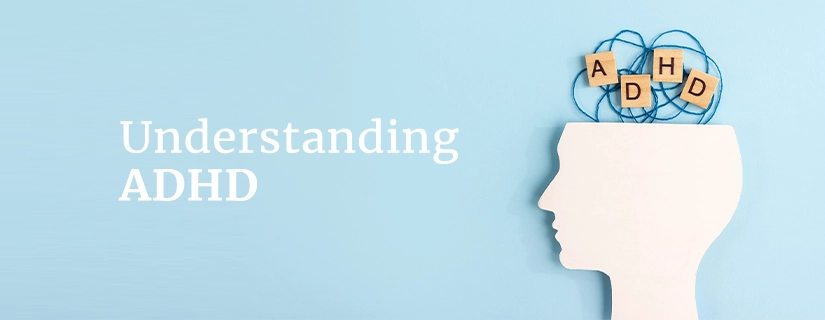
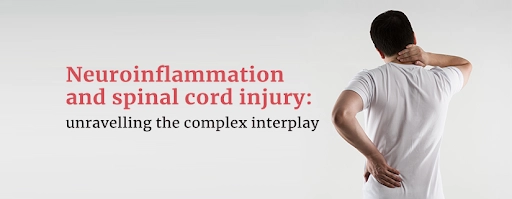
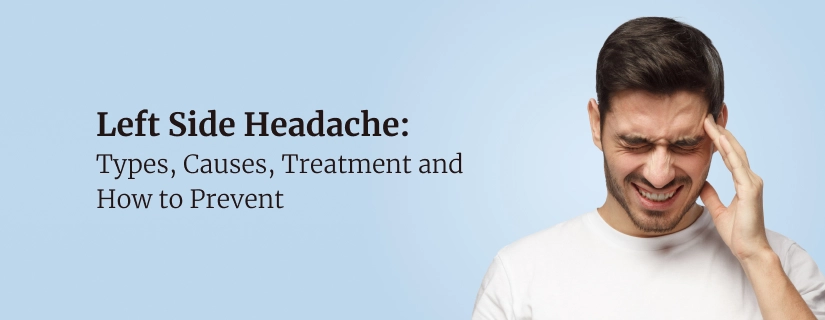
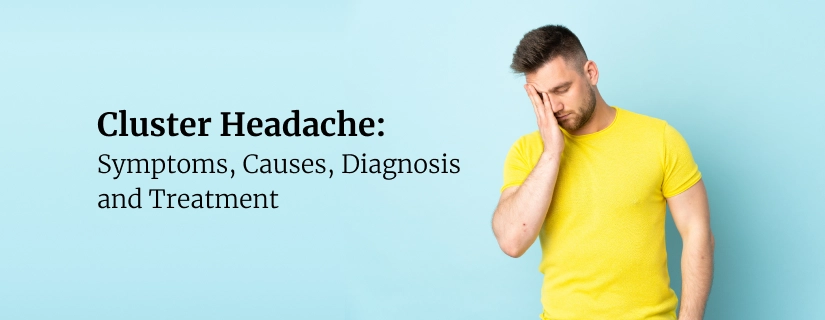



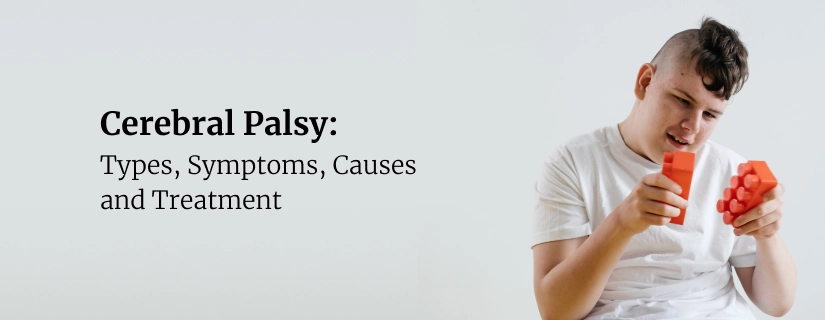
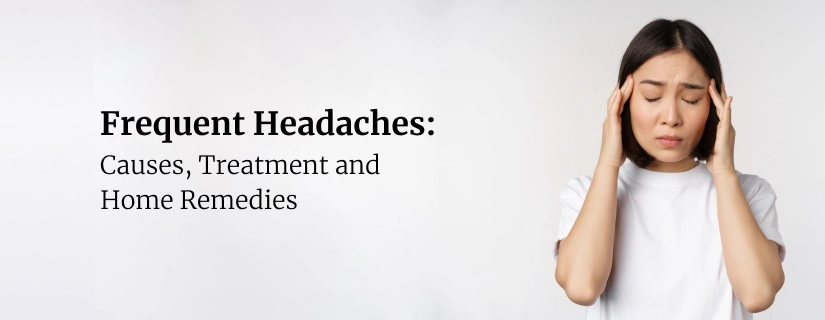
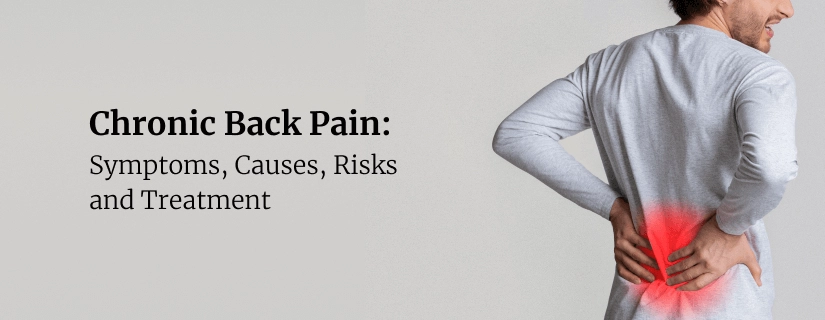
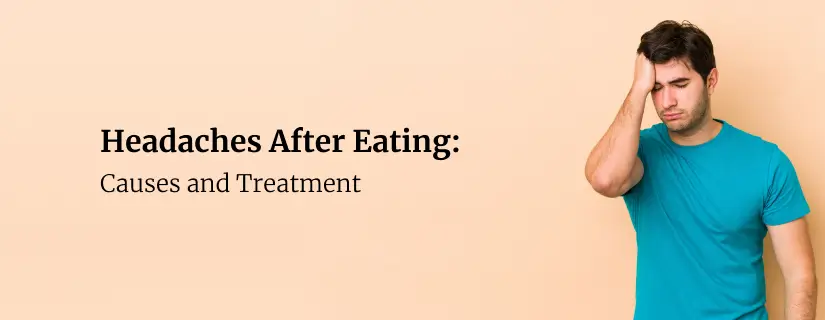
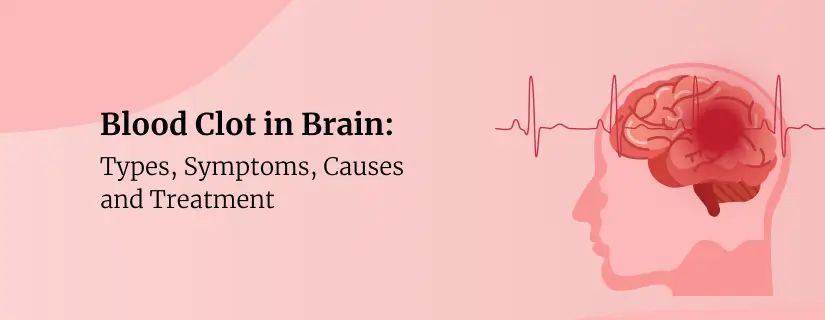
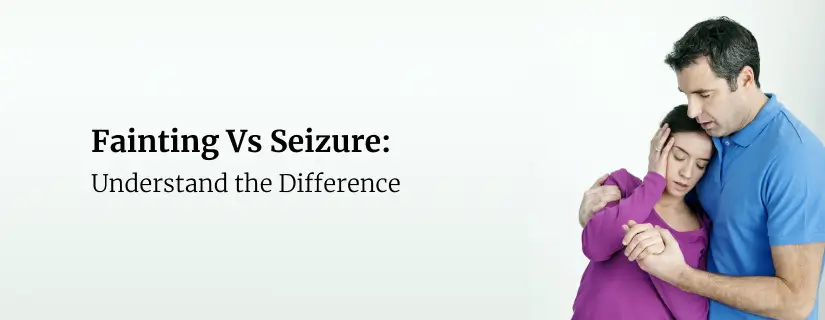
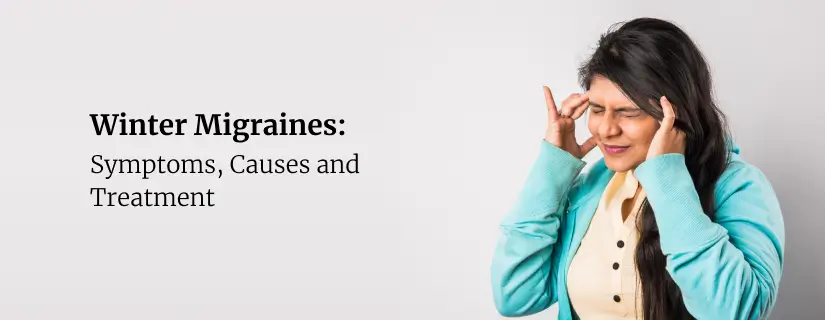


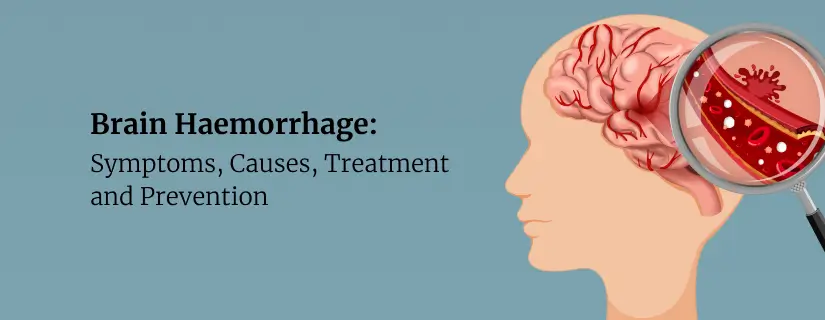
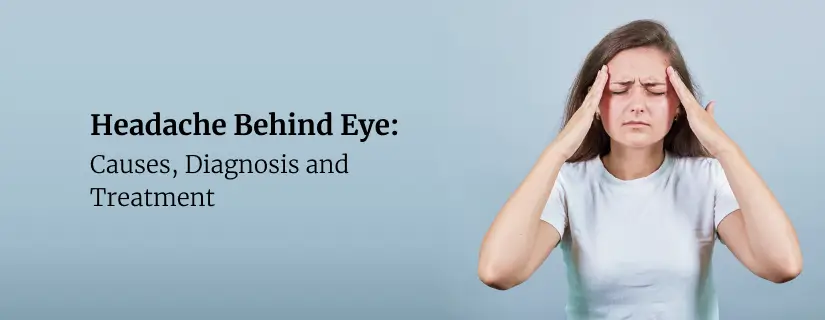
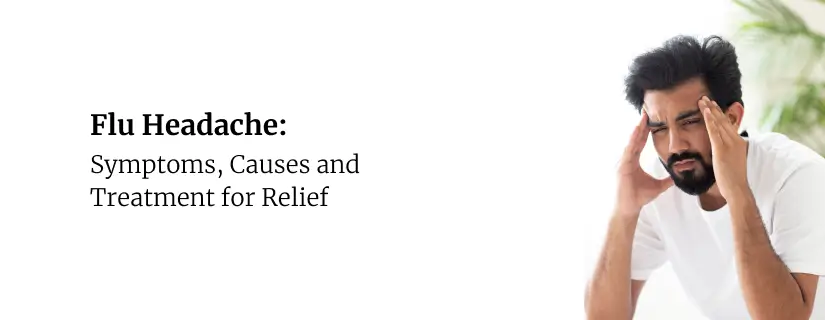
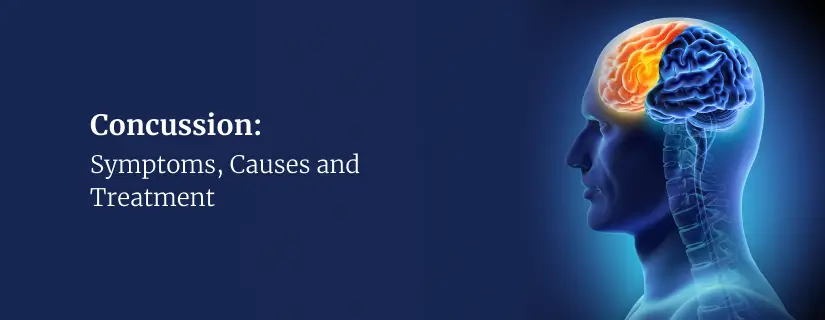

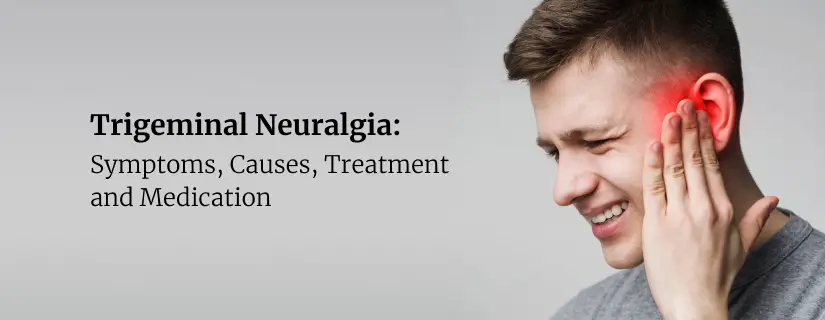
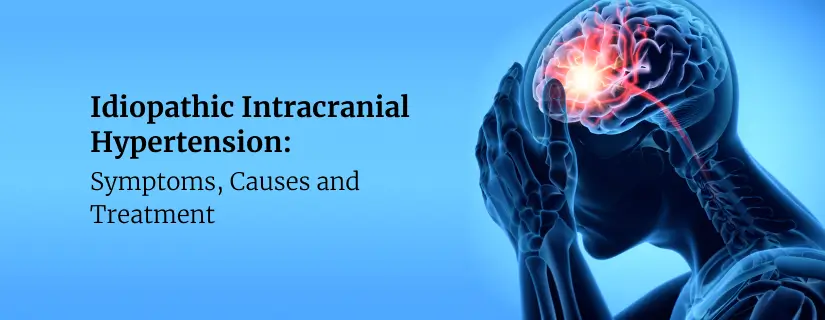
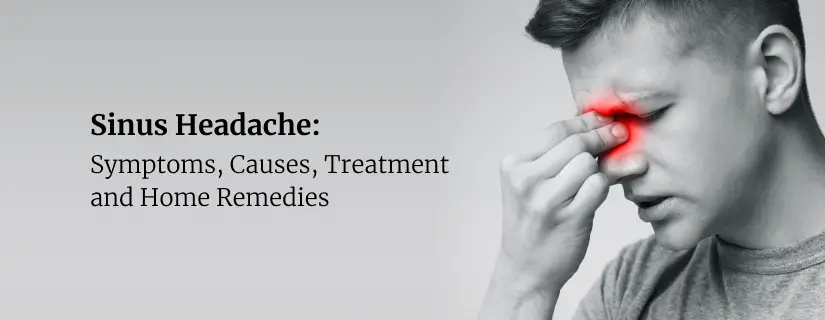
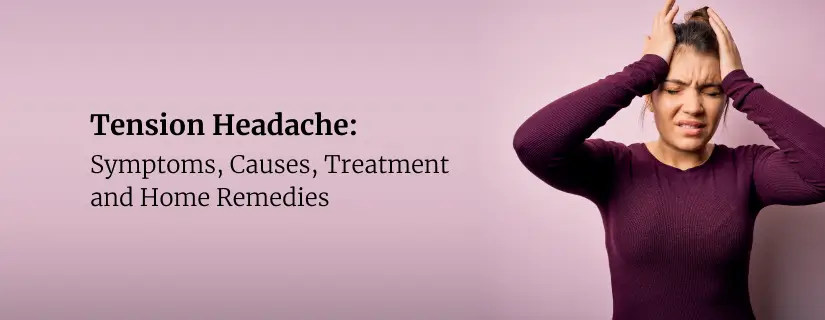
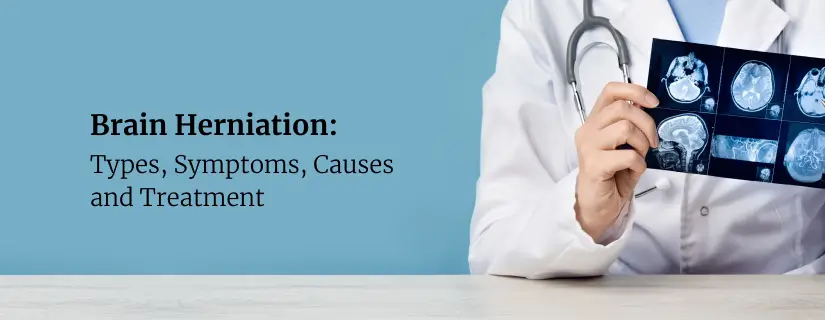
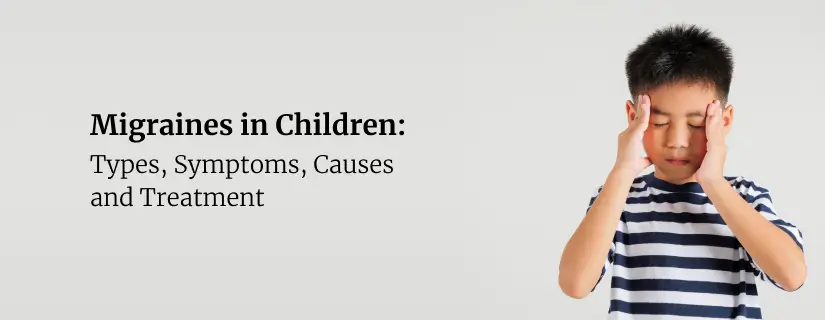
.webp)
